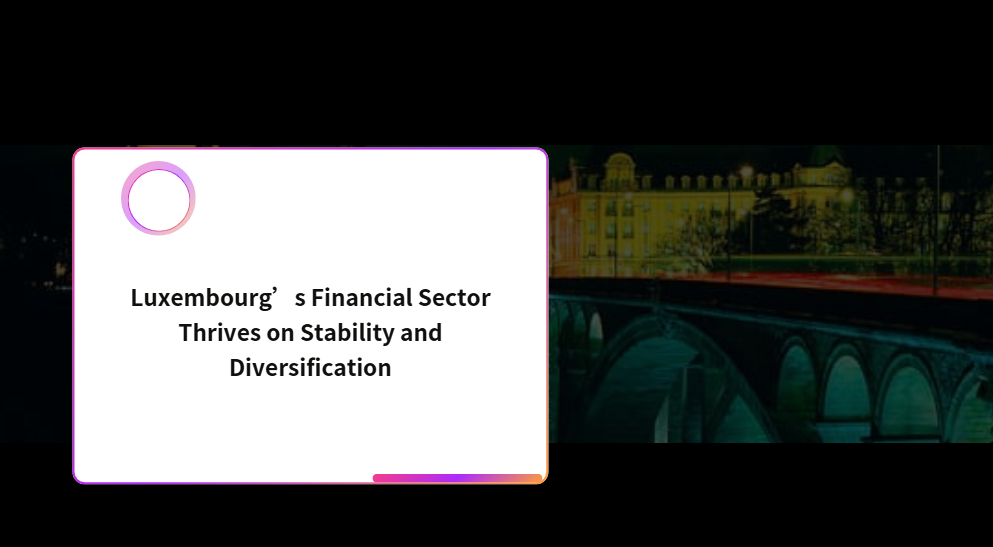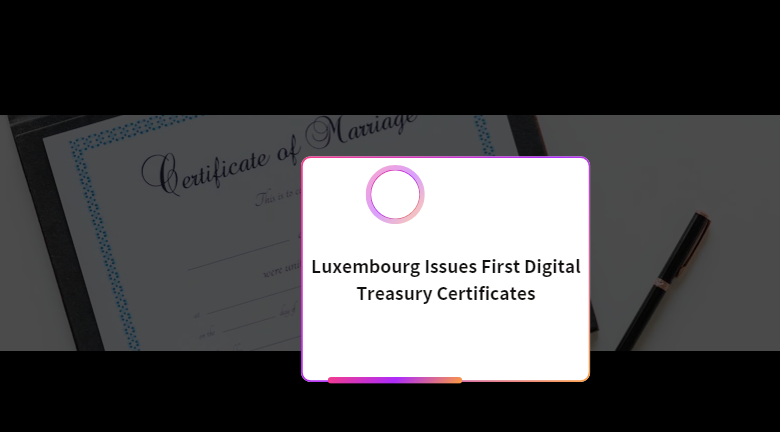Why is this type of financing still relatively uncommon in Luxembourg?
Pit Linster, Head of Companies & Entrepreneurs at Banque de Luxembourg
Anne Goedert, Senior Private Banker at Banque de Luxembourg
Private equity, still relatively uncommon among businesses in Luxembourg, is increasingly seen as a powerful driver of growth. But what exactly is private equity, and how does it work? What are its implications for a company’s strategy? How does this type of financing operate? Pit Linster, Head of Companies & Entrepreneurs at Banque de Luxembourg, and Anne Goedert, Senior Private Banker, explain the key concepts of this funding model and how it can support business owners and leaders in their development plans.
How does private equity work?
Private equity involves taking a stake in the capital of an unlisted company, enabling it to finance growth, pursue transformation projects, or plan a business succession. This form of financing can occur at different stages of a company’s life cycle: at start-up, during an expansion project, in times of crisis, during an acquisition, or in the context of a business transfer.
Depending on the investor, the financial investment may be accompanied by strategic support in the form of expertise, know-how, or access to a professional network.
What added value does private equity bring to a company?
Investors often bring much more than capital—they contribute skills, access to networks, the ability to help transform businesses, and promote sustainable practices. These equity investments allow companies to grow and innovate more effectively, creating value not only for investors but also for society at large.
Why is this type of financing still relatively uncommon in Luxembourg?
Historically, private equity funds have focused on larger companies than those typically found in Luxembourg’s business landscape, which is mostly composed of small and medium-sized family-run enterprises.
Moreover, there is a prevailing culture of bank loan financing in Luxembourg. Local companies are generally not very familiar with this type of funding, and there are few actors in the country actively promoting it.
Finally, opening up capital to third-party investors is not a natural step for most family businesses. Yet, the opportunities such an opening can offer are numerous.
"Opening up capital to third-party investors is not a natural step for most family businesses. Yet, the opportunities such an opening can offer are numerous."
— Pit Linster, Head of Companies & Entrepreneurs, Banque de Luxembourg
Specifically, what can this bring to a family business?
Today, family-owned companies are facing several challenges to ensure long-term growth and sustainability. Bringing an institutional investor on board can offer real strategic advantages—from financial stability and access to new markets to improved governance and support for sustainability goals.
An external professional shareholder can also be a reassuring presence for a business leader who may often feel alone, acting as a valuable sounding board.
"In other words, it’s a structured, objective perspective that can help family businesses tackle challenges and gain perspective."
— Pit Linster, Head of Companies & Entrepreneurs, Banque de Luxembourg
How can a third-party investment facilitate succession planning?
Whether transferring shares to a key manager or passing the company on to the next generation, third-party investment can ease the process by "releasing" capital and enabling the transfer in one or several stages. The investor provides the necessary funds to buy out a block of shares, which can also help compensate (future) heirs who do not wish to be involved in the family business.
How does Banque de Luxembourg promote this type of financing to its clients?
To help our clients better understand this model, we organize workshops featuring entrepreneurs who have chosen this form of financing, alongside experts from our exclusive partner, Crédit Mutuel Equity. At our most recent event, Nicolas Ruggieri, head of the successful family business Batipart, shared his experience with this financing model.
Crédit Mutuel Equity experts, a subsidiary of Crédit Mutuel Alliance Fédérale (Credit: Banque de Luxembourg)
At the event, Crédit Mutuel Equity—a subsidiary of our parent group, Crédit Mutuel Alliance Fédérale—presented its long-term, minority-investment approach using equity capital, which contrasts with many other funds that operate on shorter time horizons and seek quick, high-yield exits with third-party capital.
Crédit Mutuel Equity, which holds stakes in over 300 companies, supports its portfolio firms throughout their growth and transformation projects, with a strong commitment to preserving and enhancing both financial and non-financial value over the long term. The entrepreneur and Crédit Mutuel Equity choose each other and move forward based on a jointly defined roadmap and alignment of interests, prioritizing transparent communication and mutual trust.
From our side, the combination of our in-depth knowledge of Luxembourg’s family business landscape with this virtuous model offers not just additional capital, but also a team of experts who contribute their know-how and professional network to support the company’s strategic development—through a tailor-made, hands-on approach.
We offer this model to clients as part of our strong advisory culture. As a strategic partner to Luxembourg entrepreneurs, the Bank aims to provide practical solutions for business leaders for whom opening up their capital to an institutional investor may be a timely opportunity.






















































First, please LoginComment After ~